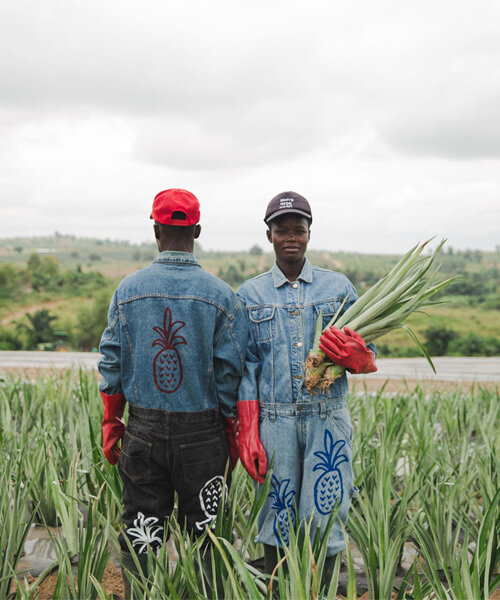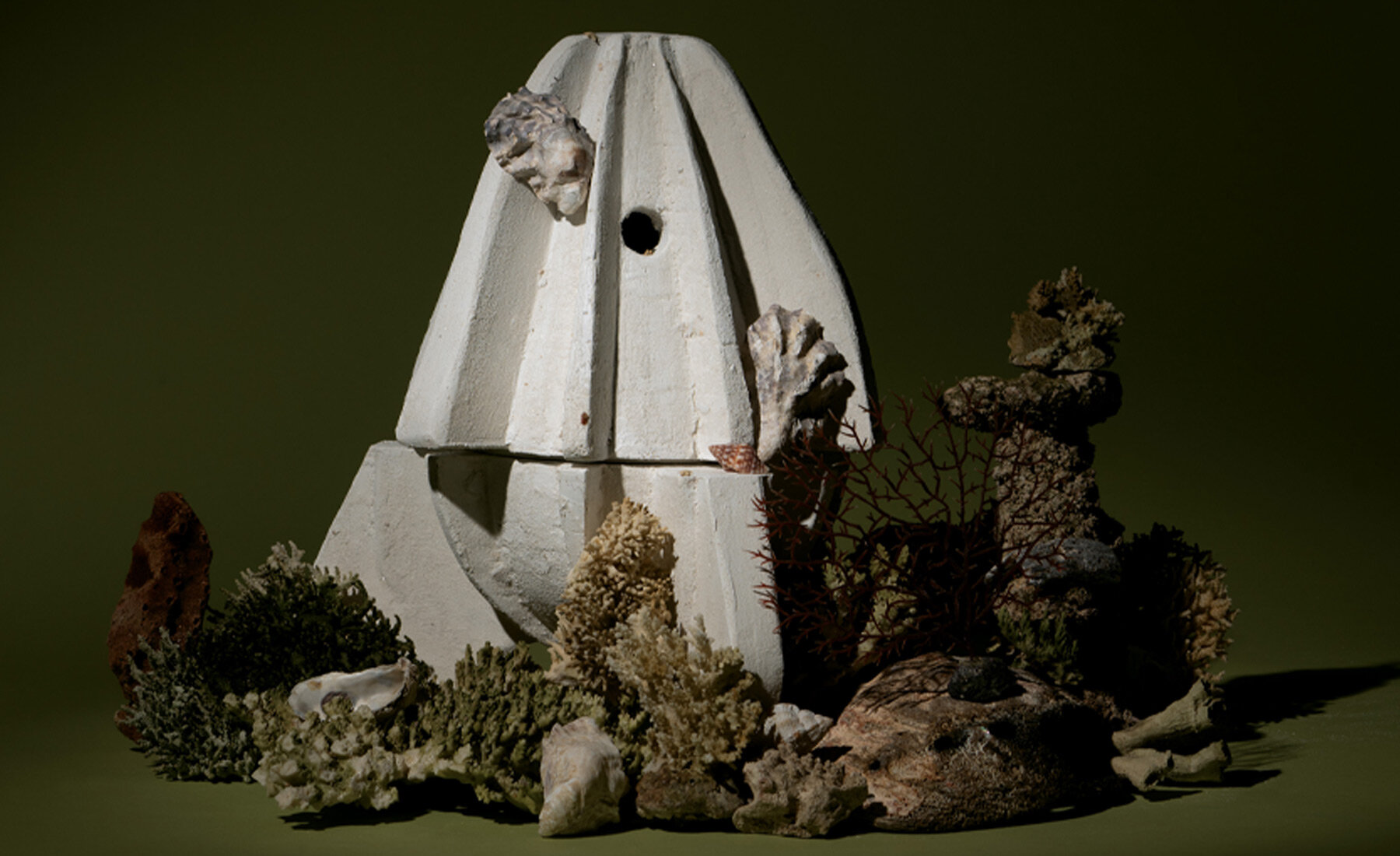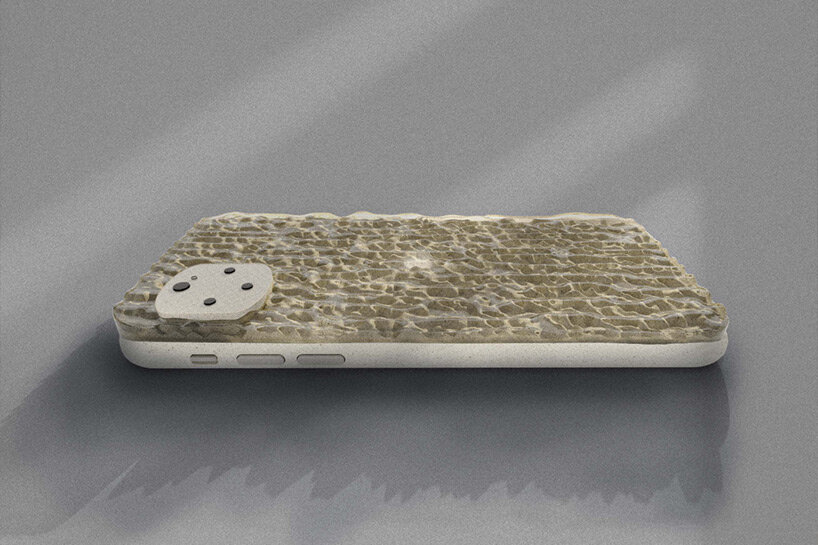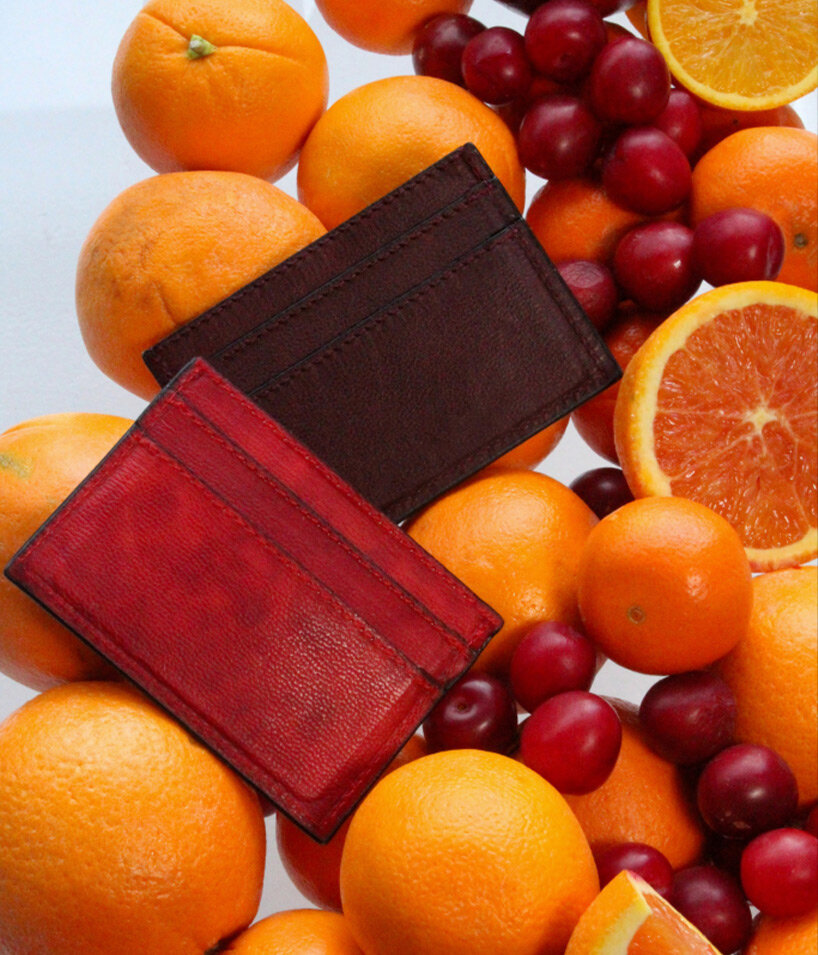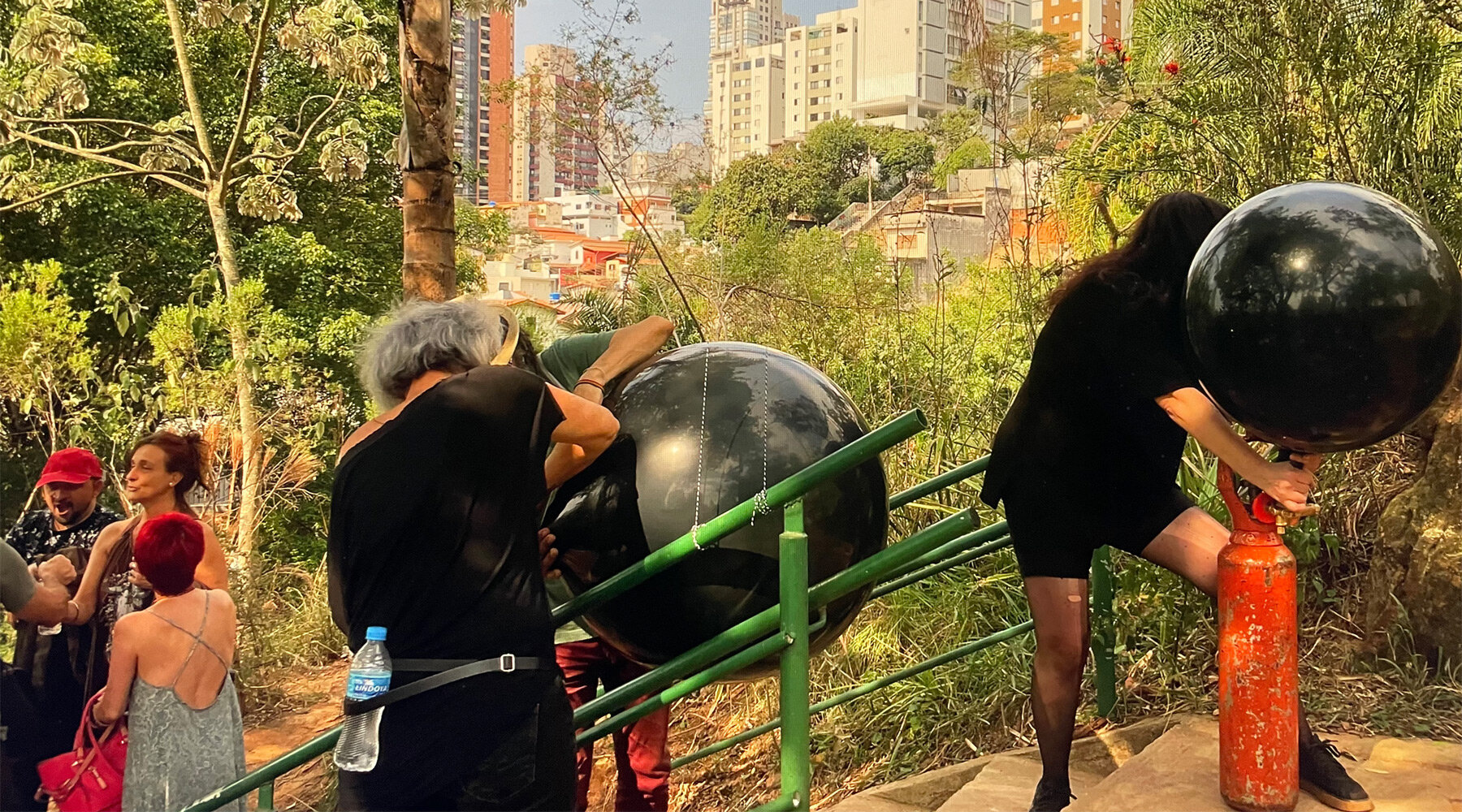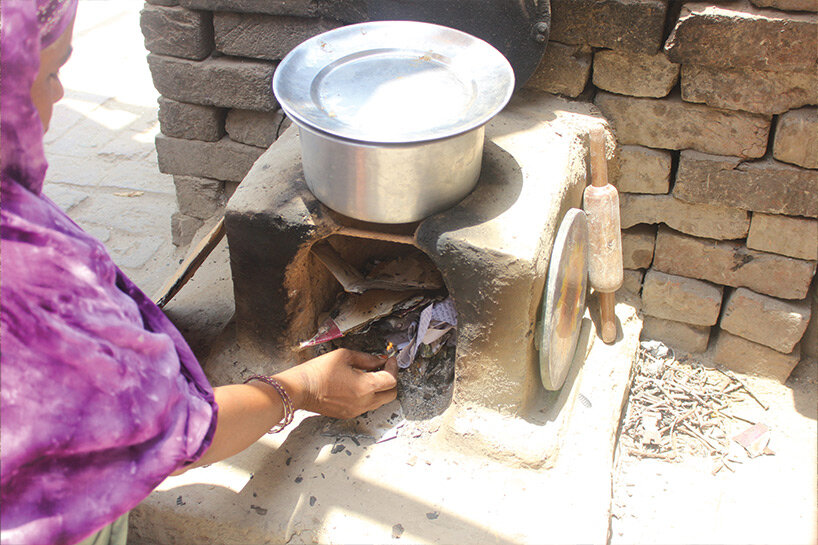With the announcement of the winners, What Design Can Do (WDCD) enters the most exciting phase of the Redesign Everything Challenge, giving eleven laureates the opportunity to launch their ideas to action with a 5.000€ funding and a comprehensive development training package. This initiative, in partnership with IKEA Foundation, supports creative climate solutions aimed at fostering a more circular society. The winning projects include approaches such as bio-cement reef structures that mimic oyster reefs, bead alternatives designed to eliminate microplastics, and the use of agro-industrial fruit waste to create sustainable biomaterials.
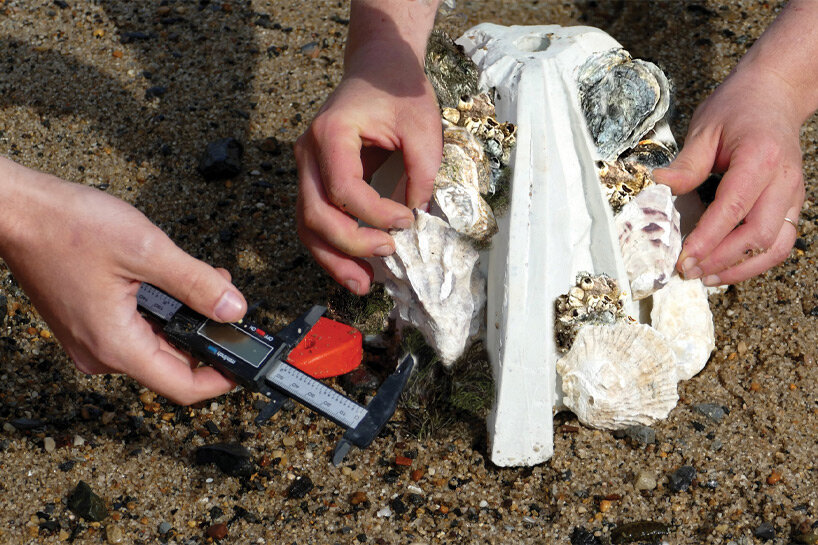
Reef Rocket by ReefCycle (USA): a bio-cement structure that mimics naturally occurring oyster reefs to tackle coastal flooding, filter seawater and promote biodiversity
all images courtesy of What Design Can Do
design as a catalyst for social change
What Design Can Do is a global platform that, since 2011, has advocated design as a catalyst for social change. In 2016, WDCD introduced an ambitious design challenge program, engaging the creative community to address urgent issues such as refugee welfare and climate change. The Redesign Everything Challenge marks WDCD’s fifth initiative with IKEA Foundation, attracting over 557 submissions that encompass a wide array of themes such as renewable energy, sustainable materials, and community-driven projects.
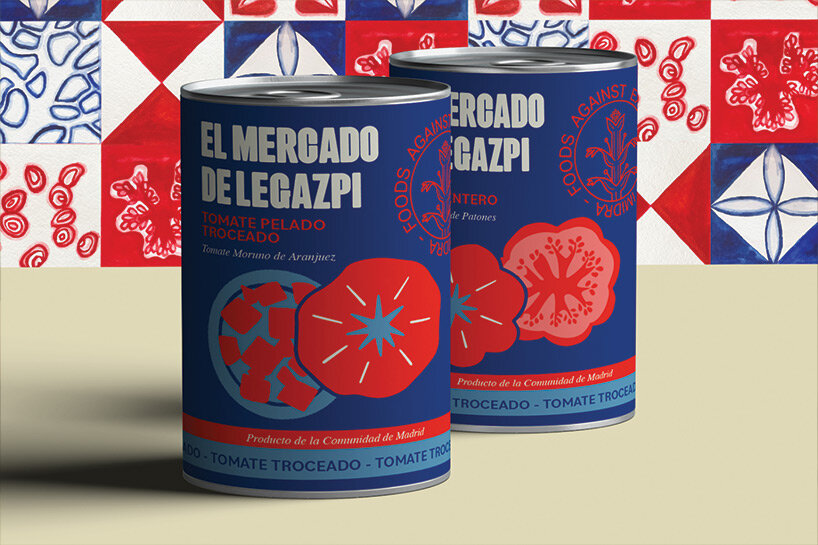
A Bite of Extinction (Spain): a project, focusing on the decline of food diversity and the loss of culinary memory in the Madrid region
redesign everything’s winners exemplify the potential of design
The jury who was entrusted with selecting the winners consisted of of ten experts in design, climate action, and entrepreneurship, including Sunny Dolat (founder, Nest Collective), René van Geer (Co-Founder, Secrid), Daniel Freitag (founder, Freitag), and Emy Bensdorp (founder, Claybens). Out of 33 nominees, eleven projects excelled in the competition’s criteria: impact, design and creativity, feasibility and scalability, and team strength.
‘The winners of the Redesign Everything Challenge exemplify the potential of design to address climate impacts. These projects not only provide innovative solutions to climate issues but also inspire others to reimagine what’s possible,’ says WDCD’s co-founder and creative director Richard van der Laken. ‘The creativity and dedication shown by these teams impressed the Jury and the entire team at What Design Can Do.’
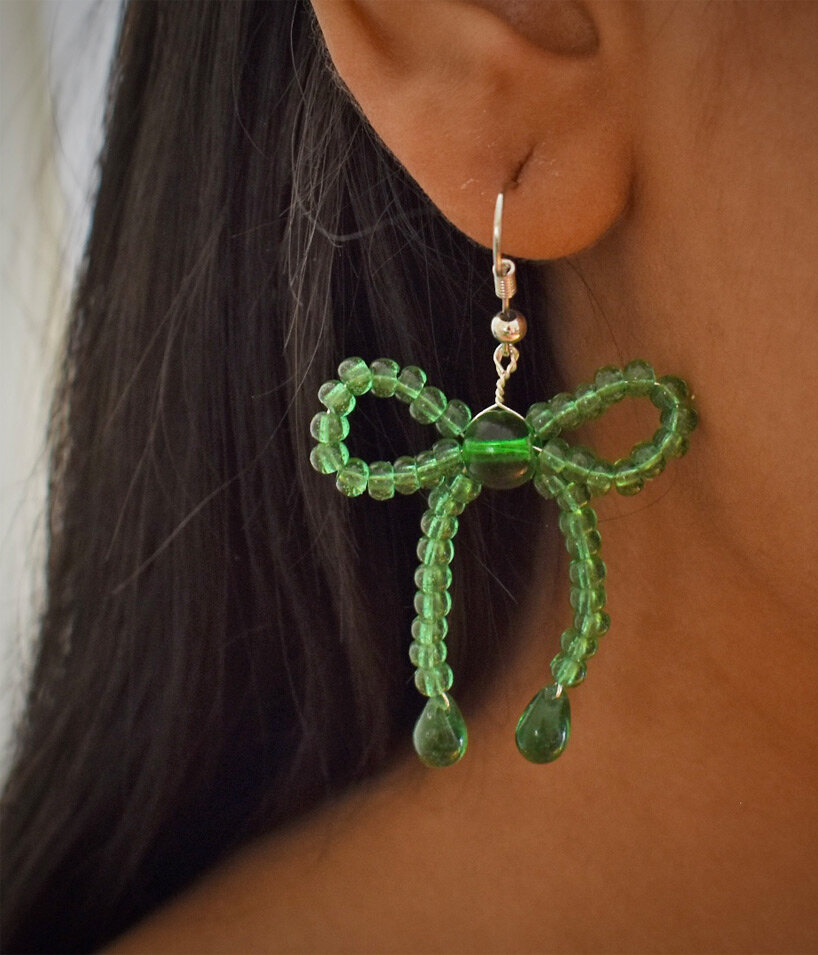
Cellsense (USA): an alternative to beads in the form of scalable bio-embellishments, eliminating microplastics and unethical labor
The winning projects showcase a diverse spectrum of innovative ideas and sustainable approaches, some focusing on biomaterials to reduce waste and consumption. Celium™ by Polybion (Mexico) utilizes agro-industrial fruit waste, while Electric Skin (France) reimagines the electronics industry with growable and compostable components. Co-Culturing Rituals – BioSoothe (UK) explores photosynthetic symbiotic materials for wound healing and skincare, and Cellsense (USA) transforms algae and cellulose into ethical, automated bead production.
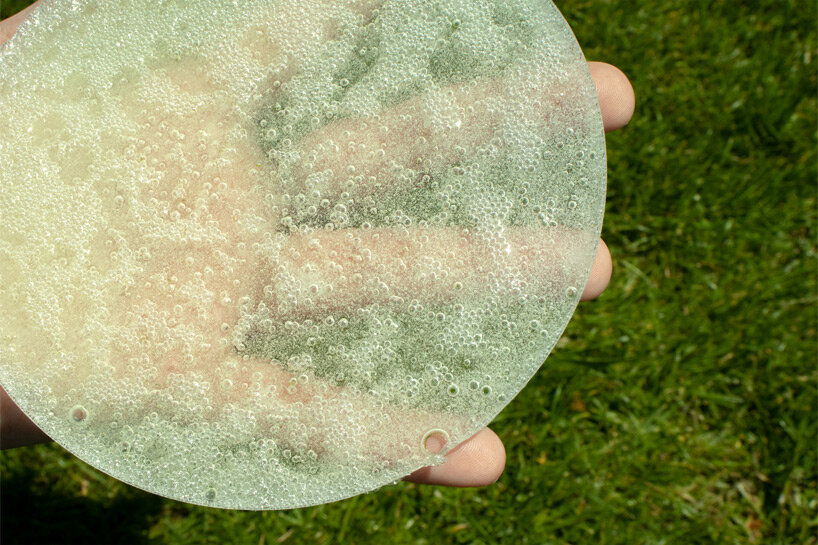
Co-Culturing Rituals – BioSoothe (UK): a photosynthetic symbiotic material with potential applications in wound healing, skin repair and skin care
Also prominently featured are nature-inspired solutions aimed at biodiversity and ecosystem restoration. A Bite of Extinction (Spain) revitalizes the Spanish food system by enhancing biodiversity and community through a focus on flavor. Reef Rocket by ReefCycle (USA) develops modular bio-cement reef structures from plants and waste materials, ForestGuard (Turkey) uses sensory monitors and machine learning to detect forest fires, and Germinatorium (Brazil) serves as a mobile nursery for rare native plants.
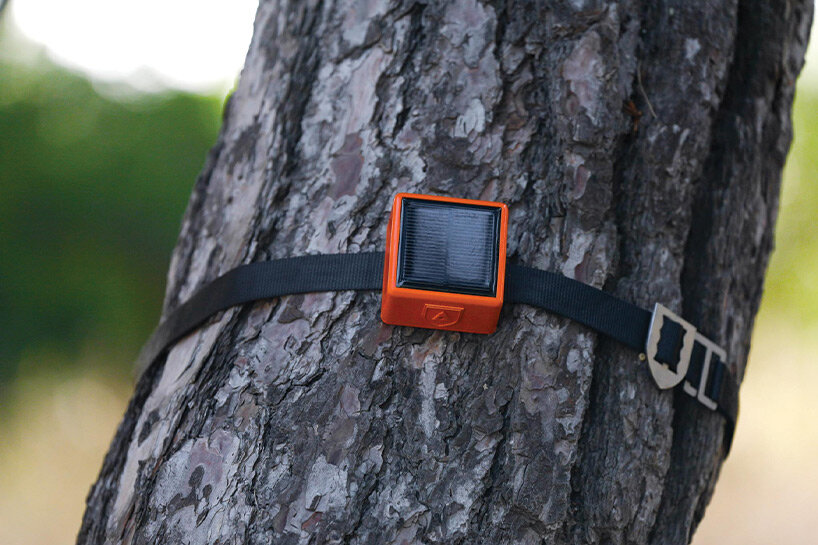
ForestGuard (Turkey): detects forest fires within the first 15 minutes and notifies authorities, functioning independently with sensor-based readings, solar panel charging, and satellite connection
Other projects emphasize the design’s role in social and climate justice. Looop Can (UK) provides cleaning kits for reusable period pads in water-scarce areas, The Revival (Ghana) promotes sustainability through community-led design and upcycling, and BreatheEasy (India) offers sustainable urban ventilation solutions for low-income settlements in Delhi.
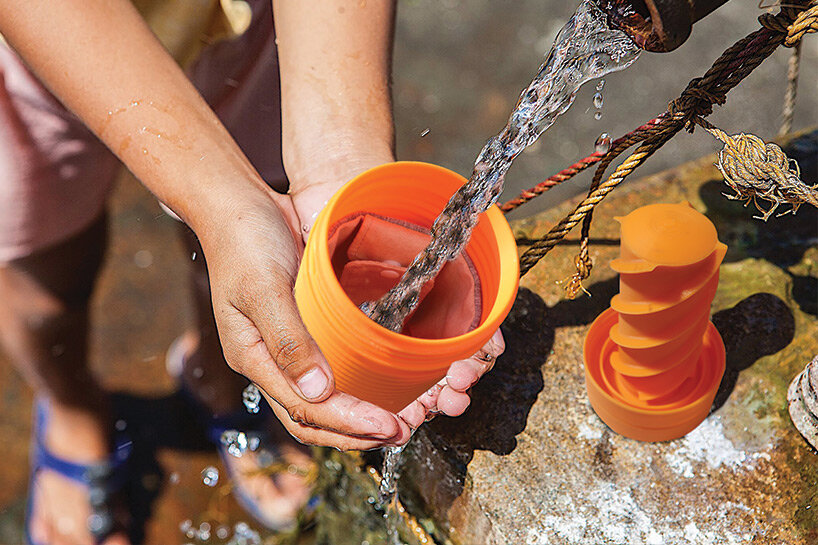
Looop Can (UK): an efficient cleaning kit for reusable bamboo fabric pads
The next steps for these winning projects involve refining their concepts, expanding their impact, and implementing their ideas. Each team receives €5,000 in funding and access to an accelerator program, which covers Mentorship in areas such as business model development, impact assessment, and networking.
At the end of the competition awaits the presentation of the projects at What Design Can Do Live (see here) on July 5 at Muziekgebouw, Amsterdam. Here, the winners showcase their visions to the public and industry experts, followed by a special exhibition and networking session to facilitate further connections and opportunities.
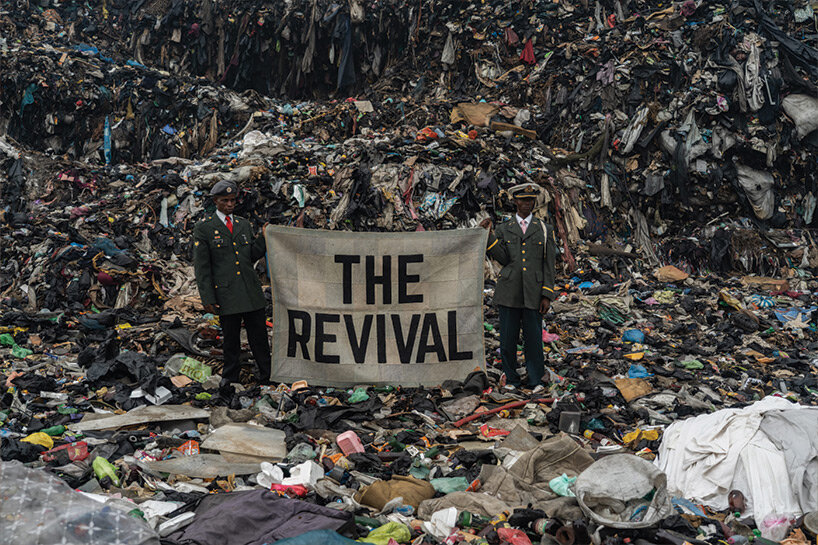
The Revival (Ghana): a pioneering community-led sustainable design NGO committed to addressing textile waste challenges globally

